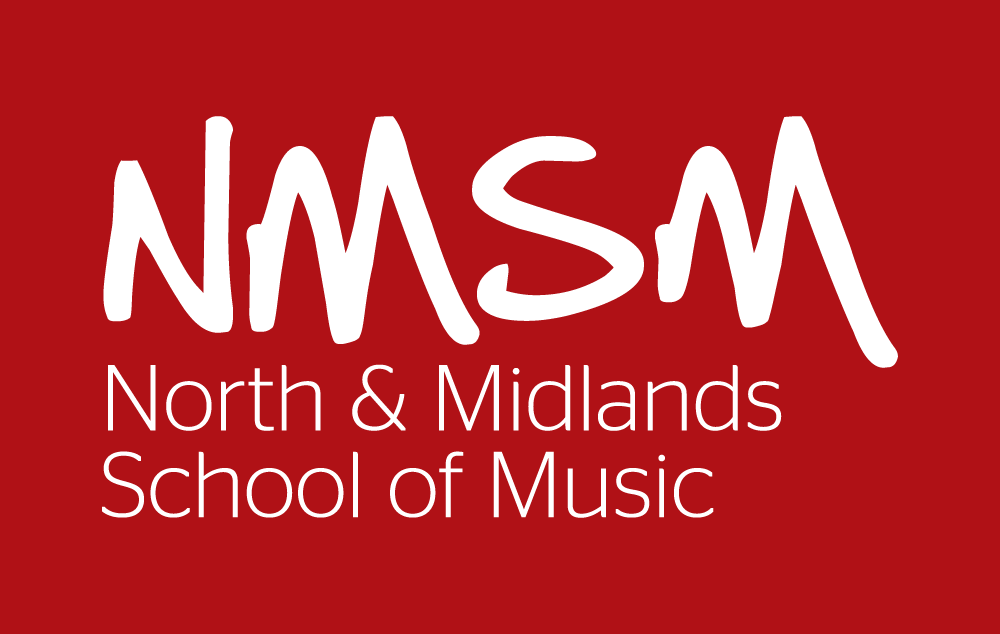Assessments & Examinations
All the information about our Assessments & Examinations can be found on the following pages…
Assessments
Performance Assessments
All NMSM performance assessments focus on the performance ‘on the day’ and can be on any instrument or voice. Combinations of instrument and/or voice for the assessment are also encouraged.
Performance Diplomas
Practical performance Diplomas are available at Associate, Licentiate, and Fellowship levels.
Performance Diplomas in Liturgical Accompaniment
The NMSM provides a Liturgical Organ Accompaniment assessment. The performance assessment must take place in a liturgical setting (i.e.at a church service) with a choir (SATB or similar), and/or congregation present. The instrument of accompaniment must be a pipe or electronic organ or a piano. It must be conducted over a live video link with good sound quality with a view of the choir/congregation and accompanist.
Performance Diploma in Chorister/Liturgical Singing
The Chorister/Liturgical Singing Diploma is aimed at singers who would like to obtain recognition for their musical talent in a church context.
Examinations
The NMSM provides a comprehensive range of traditional music examinations available in composition and dissertation, and these can be combined with a performance element, when assembling an examination package.
Dissertation Examinations
Candidates can choose any topic related to any musical subject, theory or focus.
Extemporisation/Improvisation Examinations
This examination offers candidates of different abilities and interests to produce and develop their own themes, as well as demonstrating their flair for extemporisation on a given theme, provided by the School.
Composition Examinations
We offer three levels of diploma in composition, which are assessed based on the use of instruments, imagery, score layout and how the music reflects the theme on which it is based.
Combined Performance & Examination
Combined Performance & Examination
The NMSM recognises that some candidates will want to tailor-make a Diploma which best reflects their own interests. In this case, these interests may have two, or even three, component parts.



